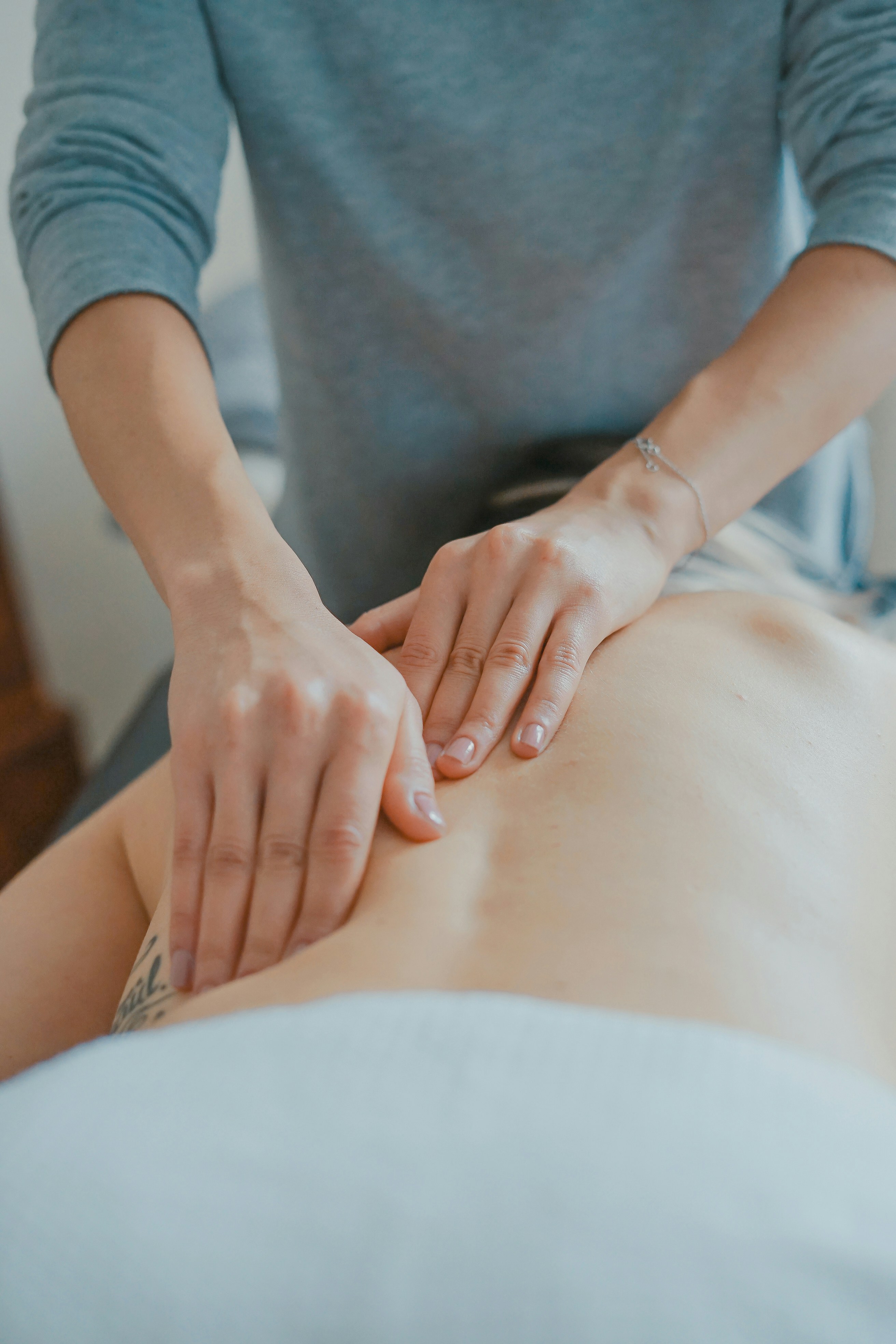Have you ever wondered if an unexpected experience could lift your spirits and boost your confidence? Sometimes, stepping out of your comfort zone is exactly what you need to unleash a wealth of self-assured energy that you never knew was inside you. Cold plunging, despite sounding a bit intense, is becoming a beloved practice for those seeking not just a jolt of physical rejuvenation but a significant boost in their mental fortitude and self-confidence. The chilly water might initially send shivers down your spine, but with a bit of understanding and practice, it might just become your gateway to enhanced self-belief.
What Is Cold Plunging?
Cold plunging is the practice of submerging your body in cold water, often ice cold, for a short period. It hails from a long tradition of water-based therapies used across cultures, from the Scandinavian cold baths to the Japanese practice of misogi. While the idea might initially seem daunting, it’s precisely that shock to your system that can awaken both body and mind.
Historical Roots
Cold therapy has been used throughout history, spanning different cultures and medical practices. In ancient times, it was believed to cleanse the spirit, while later traditions embraced it for its therapeutic benefits, particularly in terms of circulation and muscle recovery. The Vikings, for instance, were known to jump into freezing rivers, and samurai warriors practiced cold water endurance as a means of honing their mental resolve.
Modern Appeal
Today, cold plunging is experiencing a renaissance, gaining popularity far beyond climbers and athletes. Wellness enthusiasts, influencers, and even celebrities have embraced it as a means to reset their bodies and, crucially, enhance their mental states. It’s not just a physical test but a mental one too—one that can leave you feeling invigorated and empowered.
The Science Behind Cold Plunging
Understanding what’s happening in your body when you immerse yourself in cold water can demystify the process and enhance your appreciation for its benefits. It’s this physiological response that is key to unlocking the confidence-boosting effects of cold plunging.
Physical Responses
When you plunge into cold water, your body’s initial response is to preserve core temperature. Blood vessels constrict, slowing blood flow to your extremities. As you exit the water and warm up, the vessels expand again, which acts like a pump, promoting circulation and often resulting in a feeling of increased energy and alertness.
Table: Physical Benefits of Cold Plunging
| Response | Benefit |
|---|---|
| Vasoconstriction | Improved circulation and energy levels |
| Hormone Release | Endorphins boost mood and reduce stress |
| Anti-Inflammation | Alleviation of muscle soreness |
Mental and Emotional Reactions
On the mental side, cold exposure triggers the release of endorphins and norepinephrine, which can improve mood and reduce stress. The sheer act of overcoming the initial shock can shift perceptions of what you’re capable of, nurturing a “mind over matter” attitude that enhances self-esteem and confidence.
How Cold Plunging Boosts Confidence
But how exactly does a bracing dip in cold water equate to a boost in confidence? It’s about embracing discomfort and using it as a tool to refine your mental toughness and self-assurance.
Embracing Discomfort
Choosing to engage in cold plunging is a test of your mental boundaries. Each time you decide to face discomfort willingly, you’re training your mind to cope with challenging situations with poise and resilience. This cultivates a mental toughness that transcends beyond the icy waters into daily life challenges.
Overcoming Challenges
Successfully enduring a cold plunge can feel like conquering a mini-adventure. Every time you complete a plunge, you reinforce your capability to face and overcome challenges. It’s a physical manifestation of your resilience and fortitude, which naturally spikes your confidence levels.
Anchoring Positive Experiences
After stepping out of the cold, the rush of hormones and the sense of achievement creates a powerful mental anchor—a reference point of success and bravery. You start associating the cold plunge with triumph and empowerment, feelings that trickle into your perception of everyday challenges.
Strategies for Effective Cold Plunging
To harness the confidence-boosting benefits of cold plunging, it’s crucial to approach the practice with a strategy that maximizes both comfort and benefits.
Start Gradually
If you’re new to cold plunging, start with brief exposures to cold water, such as a cold shower or a brisk splash on your face. Gradually increase the duration and intensity as your body, and mind acclimate to the sensation. This allows your system to adapt without overwhelming you.
Breathing Techniques
Mastering your breath is key to maintaining calm in the face of discomfort. Deep, controlled breathing can help mitigate the shock of the cold and keep your heart rate steady, making the experience more manageable and less intimidating.
Set Intentions
Before you embark on a cold plunge, set a clear intention for what you hope to achieve, whether it’s increased alertness, stress relief, or a confidence boost. This outlook can transform your plunge into a meaningful ritual that nurtures your objectives and keeps you focused.
Table: Confidence-Building Cold Plunge Tips
| Tip | Explanation |
|---|---|
| Gradual Exposure | Acclimate slowly to avoid overwhelm |
| Controlled Breathing | Use deep breaths to maintain calm |
| Set Clear Intentions | Focus your plunge on personal growth goals |
Common Misconceptions About Cold Plunging
As with many wellness practices, myths and misconceptions can cloud the reality of cold plunging. Let’s tackle a few common misunderstandings to further demystify this practice.
Myth: It’s Only For Athletes
While athletes often use cold therapy for recovery, you don’t need to be a professional or even very athletic to benefit from cold plunging. It’s accessible to anyone willing to try, regardless of fitness level, and its benefits extend beyond physical performance to everyone.
Myth: Longer Is Better
You might think the longer you stay in the cold, the better—but that’s not true. Prolonged exposure can risk hypothermia or other adverse effects. Even brief plunges can be effective in boosting confidence, so always prioritize safety and listen to your body.
Myth: It’s Always Unpleasant
While the initial shock is undeniable, many people find that, with practice, cold plunging becomes an enjoyable and eagerly anticipated ritual. As your body acclimates, the sensation can shift from daunting to exhilarating.
Safety Precautions for Cold Plunging
Safety should always be paramount when engaging in cold plunging. Here are some tips to ensure your experience is both beneficial and secure.
Know Your Limits
Understand your body’s signals and set boundaries. If you experience intense shivering, numbness, or dizziness, it’s crucial to exit the water immediately. Over time, you’ll become more attuned to what feels safe and comfortable for you.
Acclimatize Slowly
Acclimatization is key. Start with short durations in less frigid waters before progressing to colder and longer sessions. Your body’s ability to comfortably manage cold exposure will increase gradually.
Supervision Is Key
Especially if you’re new to cold plunging, practice with supervision or at least let someone know your plans. Having support on hand can provide peace of mind and assistance should you need it.
Real-Life Testimonials
Sometimes, the best encouragement comes from hearing how others have transformed their confidence through cold plunging. Here are some insights from individuals who’ve taken the plunge.
Testimonial 1: Emma’s Journey
Emma started cold plunging to combat stress but found a deeper benefit. She describes feeling more resilient to everyday challenges, saying, “Every time I conquer the cold, I remind myself that I can handle anything life throws at me.”
Testimonial 2: Carlos’s Fitness Boost
Carlos found his fitness performance enhanced after integrating cold plunging into his routine. Beyond the physical, he noticed a shift in his self-perception. “I feel tougher and more capable, not just in sport but in every aspect of life.”
Testimonial 3: Maya’s Mental Clarity
For Maya, cold plunging provided a newfound mental clarity that expanded her emotional resilience. “I emerge from the water refreshed and with a renewed sense of determination—it’s become my secret weapon for confidence,” she shares.
Incorporating Cold Plunging into Your Routine
If cold plunging intrigues you, consider how you might integrate it into your life seamlessly. It doesn’t need to be an elaborate ritual; even minor adjustments can offer profound impacts.
Morning Rituals
Consider making cold plunging part of a revitalizing morning routine. It’s a powerful way to wake up your body and mind, setting a positive tone for the day and instilling a proactive mindset.
Evening Wind-Downs
Conversely, a cold plunge in the evening can be a therapeutic way to release accumulated stress. The deliberate act of slowing down your mind post-plunge can improve sleep quality and facilitate restful evenings.
Tracking Progress
Documenting your cold plunging experiences, including your thoughts before and after, can deepen your understanding of its personal impact. Not only does this track progress, but it also helps pinpoint specific benefits—like heightened confidence—that arise over time.

Final Thoughts on Cold Plunging
Cold plunging offers a remarkable journey into self-discovery and empowerment. By choosing to embrace the chill and discomfort, you not only fortify your physical endurance but also bolster a deeper self-confidence that can permeate every facet of your life. As you settle into the practice, you’ll uncover strengths within yourself and build resilience that echoes beyond the icy waters. So, why not take that invigorating dip—your next leap in self-confidence might just be a plunge away.




